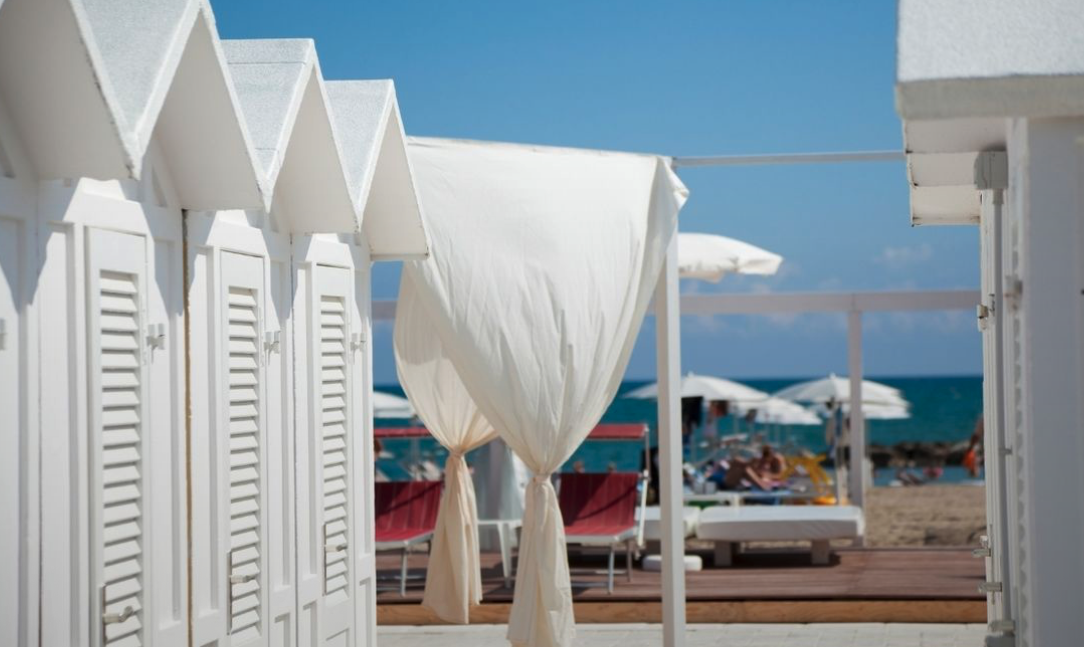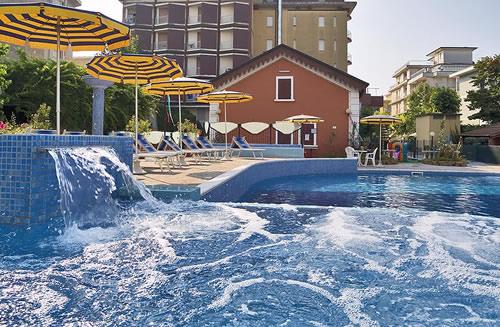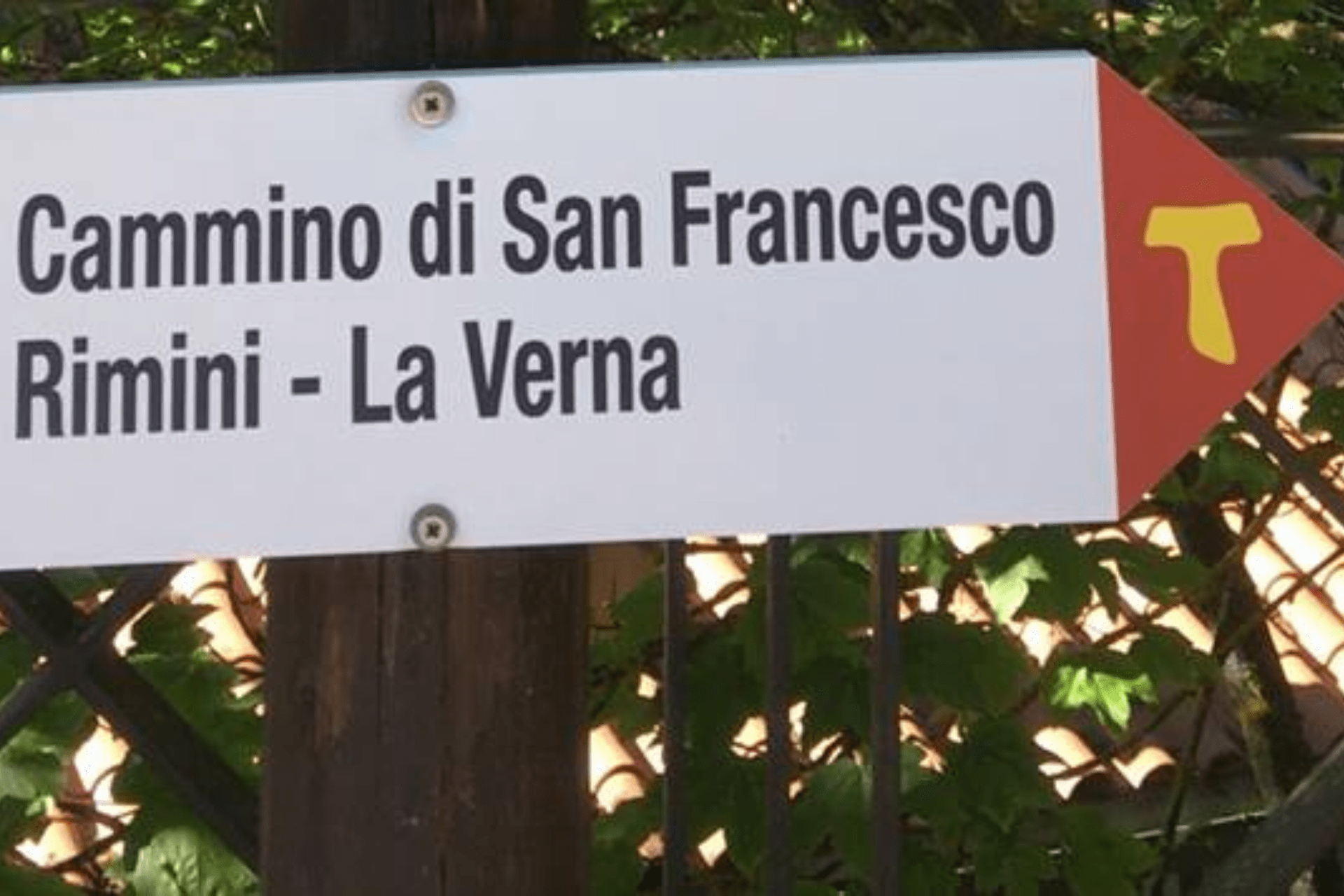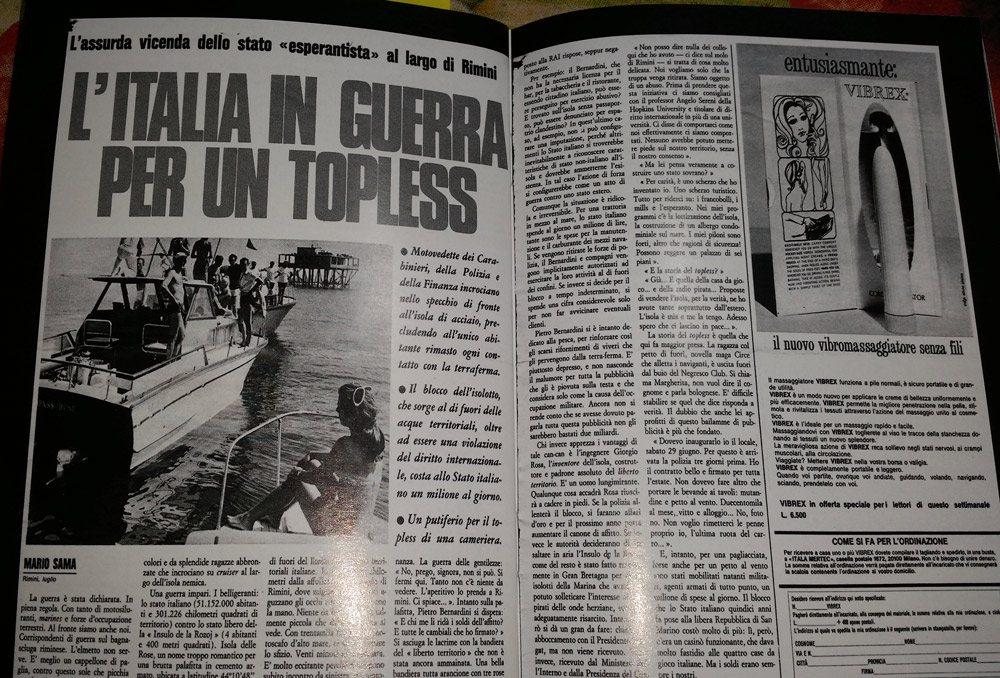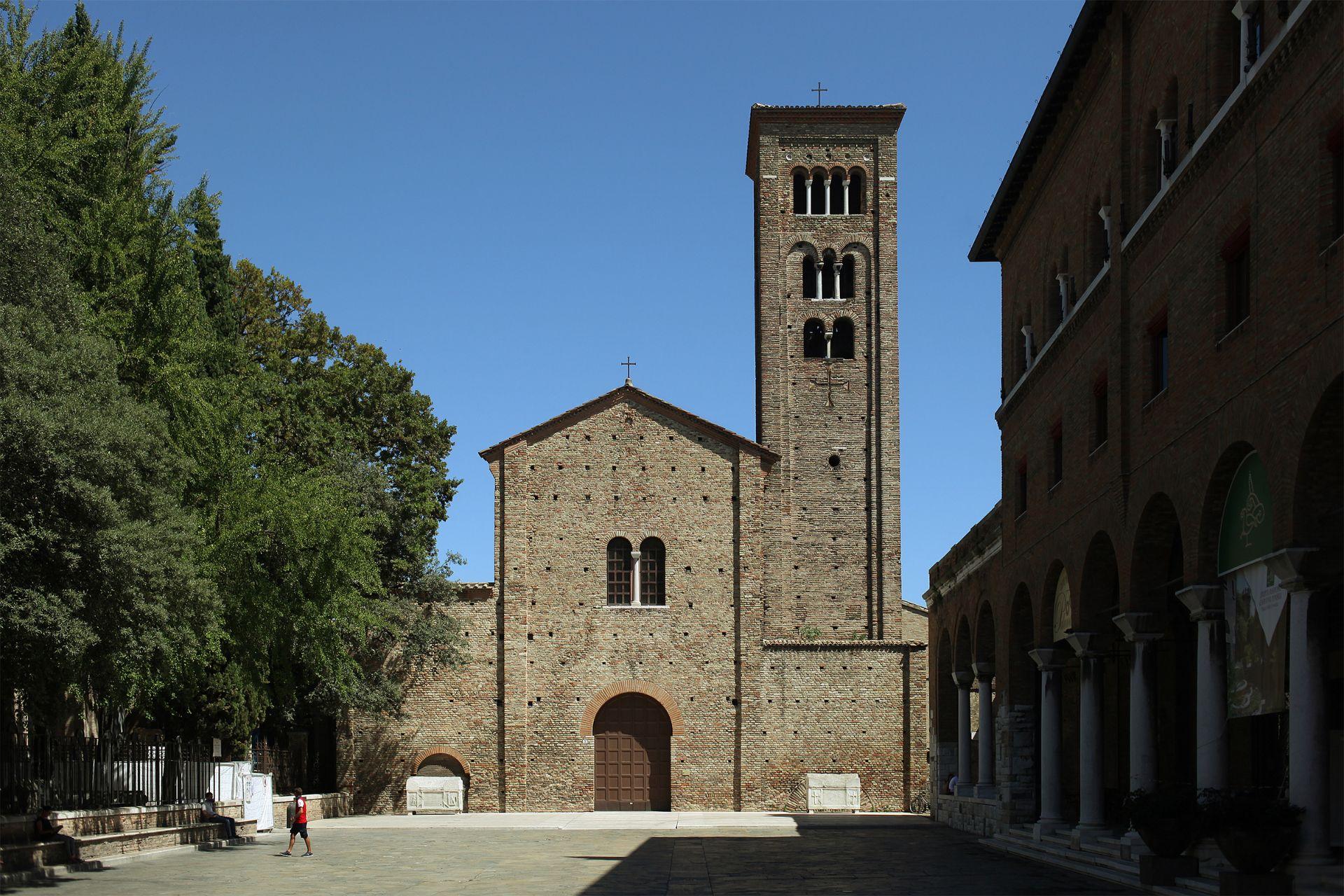Abandoned colonies on the beaches of Romagna
The beaches of Romagna, along the Adriatic coast of Italy, have had a long history of abandoned colonies. These colonies developed over the centuries and were abandoned for various reasons.
One of the first settlements to be abandoned on the Romagna coast were the Etruscan colonies. The Etruscans, an ancient civilisation that flourished in central Italy between the 9th and 1st centuries B.C., left traces of their presence along the coast, including tombs and settlements. However, with the passage of time, the Etruscan colonies were abandoned and their traces were lost.
Later, during the Roman period, the coast of Romagna was the site of numerous Roman colonies. These colonies were mainly trading ports and strategic points for controlling the Adriatic Sea. However, with the fall of the Western Roman Empire in the 5th century AD, many of these colonies were abandoned due to political instability and barbarian invasions.
During the Middle Ages, the Romagna coast was subject to continuous invasions by peoples such as the Goths, Byzantines and Lombards. These invasions led to the abandonment of many coastal settlements and the destruction of existing colonies. It was only with the advent of the municipal period, starting in the 11th century, that the Romagna coast began to recover and new colonies were founded.
However, even these new colonies, such as Cervia and Cesenatico, were subject to economic and political fluctuations. Over the centuries, due to wars, famines and economic crises, many of these colonies were abandoned and their inhabitants moved elsewhere in search of new opportunities.
During the 20th century, with social, economic and infrastructural changes, many colonies along the Romagna coastline declined. With the advent of mass tourism in the 1950s and 1960s, many of these colonies were abandoned in favour of new resorts and bathing establishments. Some of these abandoned colonies have been restored and recovered in recent decades, while others have remained as ruins or have been completely destroyed.
In conclusion, the history of abandoned colonies on the beaches of Romagna is a testimony to the continuous evolution and change that has characterised this region over the centuries. These colonies were founded and abandoned for various reasons, including political instability, invasions, economic and social changes. Today, many of these colonies have been restored or turned into tourist attractions, while others only bear witness to the glorious and vanished past of this fascinating region.
The summer colonies in Romagna created by Mussolini
During the fascist regime in Italy, leader Benito Mussolini promoted the creation of many summer colonies in different regions of the country, including Romagna.
Summer colonies in Romagna were tourist destinations for young boys and girls from all over Italy. The organisation of the colonies was managed by the fascist regime, which provided accommodation, food and leisure activities for the participants.
Summer camps in Romagna were usually located along the Adriatic coast, where children could enjoy the sea and participate in various sports and recreational activities. In addition, visits to places of cultural and historical interest in the area were organised.
The main objective of these colonies was to promote Fascist ideology among young people and encourage their adherence to the regime. During their stay, participants were exposed to political speeches, teachings on the history of Fascist Italy and military parades.
The summer colonies in Romagna created by Mussolini propagated themselves as opportunities for young people to have fun, make new friends and learn patriotic values and discipline. However, it is important to note that these colonies were part of the fascist regime's strategy of control and youth indoctrination.
After the fall of the fascist regime at the end of World War II, the summer colonies in Romagna became obsolete and gradually lost their original purpose. Today, Romagna remains a famous Italian tourist destination, but the fascist summer colonies no longer exist.

